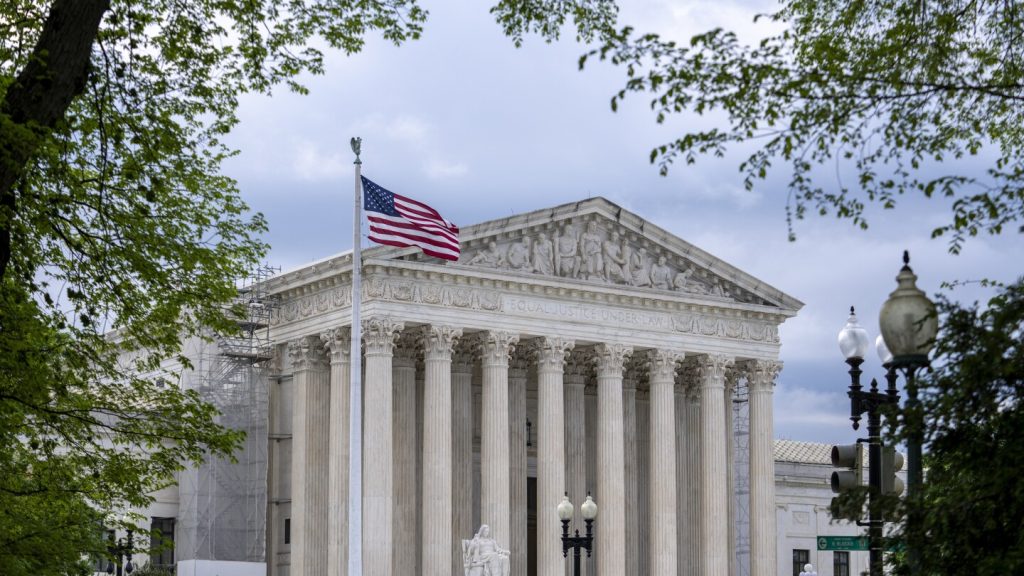In a recent Supreme Court decision, music producer Sherman Nealy won a copyright case against a record company over a sample used in the hit song “In the Ayer” by Flo Rida. Nealy sued for damages dating back to the song’s release in 2008, claiming he was unaware of a deal made by his former collaborator that allowed the sampling of their song “Jam the Box.” The court ruled 6-3 in favor of Nealy, stating that there is no time limit on monetary recovery for copyright infringement, allowing him to seek more than a decade’s worth of damages.
The issue of how far back damages can go in copyright infringement cases has divided appeals courts, leading industry groups like the Recording Industry Association of America to call for a Supreme Court decision. Justice Elena Kagan authored the opinion, which was joined by liberal and conservative justices alike. The ruling clarifies that copyright owners with timely claims are entitled to damages for infringement, regardless of when the violation occurred. Nealy’s attorney, Wes Earnhardt, praised the opinion for providing clarity on this important issue.
However, three conservative justices dissented from the majority opinion. Justice Neil Gorsuch argued that the majority failed to address the underlying question of whether Nealy’s claim was valid or if copyright holders should have to prove fraud in order to sue over older violations. The dissenting justices believed the suit should have been dismissed. Despite the dissent, the Supreme Court’s ruling establishes a precedent that allows copyright owners to seek damages for infringement without a time limit.
The decision in Nealy’s case may have far-reaching implications for the music industry, as it sets a precedent for copyright infringement cases involving samples and royalties. The ruling acknowledges the rights of copyright owners to seek damages for past infringements, providing them with the opportunity to pursue compensation for unauthorized use of their work. This decision may lead to increased litigation in the music industry as artists and producers seek to protect their intellectual property rights and seek fair compensation for their work.
Overall, the Supreme Court’s ruling in Nealy v. Warner Chappell clarifies the issue of damages in copyright infringement cases, providing copyright owners with the ability to seek compensation for past violations. The decision establishes a clear precedent for future cases involving sampling and royalties in the music industry, ensuring that artists and producers are able to protect their intellectual property rights and receive fair compensation for their work. While dissenting justices raised concerns about the validity of Nealy’s claim, the majority opinion ultimately allows him to move forward with his case and seek damages dating back over a decade.


